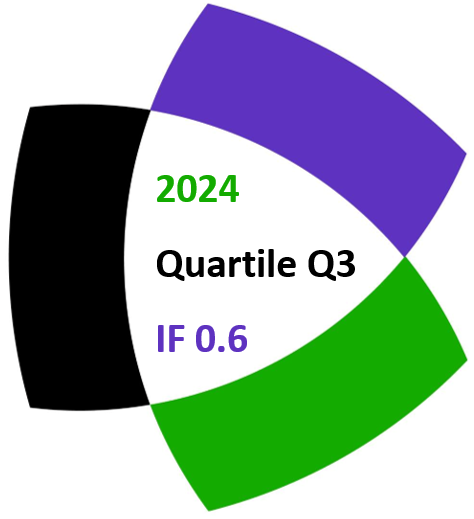Volume 8 ▶ Number 1 ▷ Number 2 ▷ Number 3 ▷ Number 4
Integer structure and constraints on powers within the modular ring Z4 – Part I: Even powers
Original research paper. Pages 41–57
J. V. Leyendekkers and A. G. Shannon
Full paper (PDF, 7877 Kb) | Abstract
The integer constraints, which prevent sums or differences of identical powers, n, from equalling a power of the same value (n > 2), are explored within the Modular Ring, ℤ4. Although the integer structure is complex, the results agree with those obtained for the octic or chess ring, which showed that the specific class structure, row nesting and other characteristics for powers give rise to a row exclusion factor in the modular tables of residues. This factor ensures that the resultant value of two coupled identical powers can never fit into a slot within ℤ4 which is reserved for a power of the same value.
Integer structure and constraints on powers within the modular ring Z4 – Part II: Odd powers
Original research paper. Pages 58–66
J. V. Leyendekkers and A. G. Shannon
Full paper (PDF, 3398 Kb) | Abstract
The integer structure of triples with an odd exponent is explored within the Modular Ring ℤ4. As for even powers, all pathways to an integer solution for cn − an = bn, n > 2, are essentially blocked by the class structure and row nesting characteristics as well as the parity requirements.
Remark on some special numbers
Original research paper. Pages 67–69
Vassia Atanassova and Krassimir Atanassov
Full paper (PDF, 1030 Kb) | Abstract
Following [1], we shall introduce some special numbers, after this we shall define one arithmetic function from [2] (see also [3,4]), and finally, we shall study the result of applying of this function on the special number.
Basic properties of weakly multiplicative functions
Original research paper. Pages 70–74
Pentti Haukkanen
Full paper (PDF, 1980 Kb) | Abstract
An arithmetical function f is said to be weakly multiplicative if f is not identically zero and f(np) = f(n)f(p) for all positive integers n and primes p with (n, p) = 1. Every multiplicative function is a weakly multiplicative function but the converse is not true. In this note we study basic properties of weakly multiplicative functions with respect to the Dirichlet convolution.
Modification of Weierstrass’s inequality
Original research paper. Pages 75–76
Krassimir Atanassov
Full paper (PDF, 498 Kb)
Volume 8 ▶ Number 1 ▷ Number 2 ▷ Number 3 ▷ Number 4


